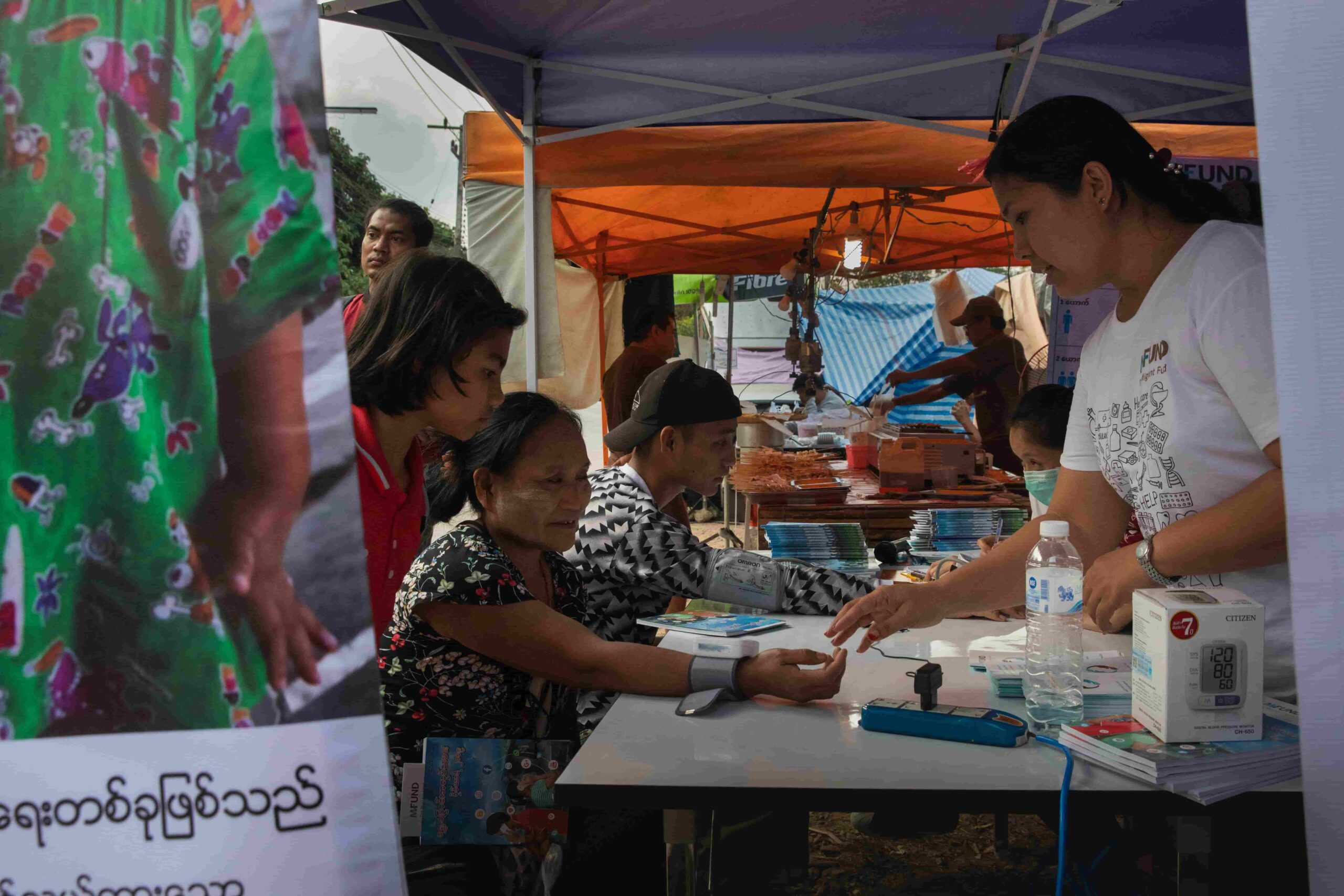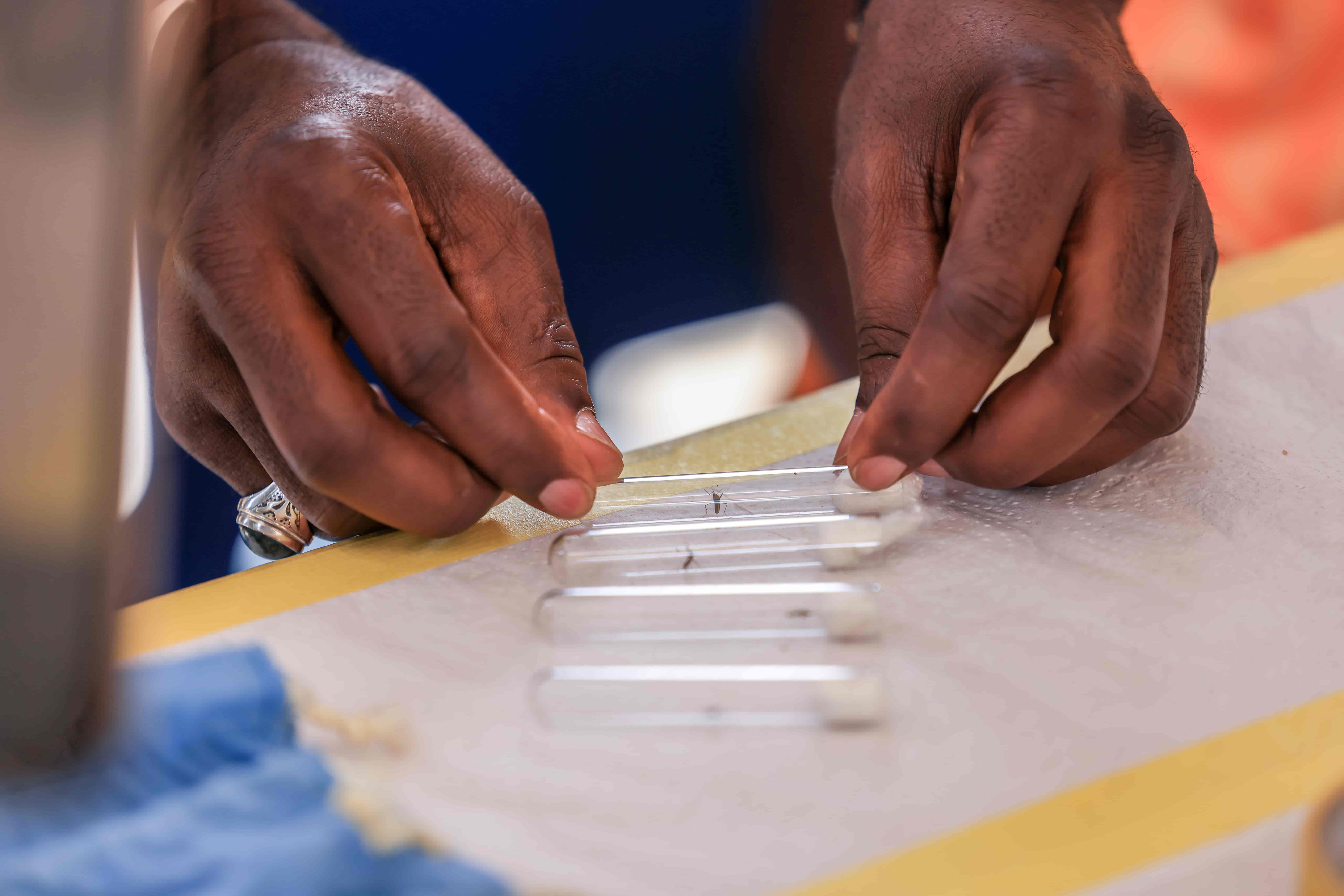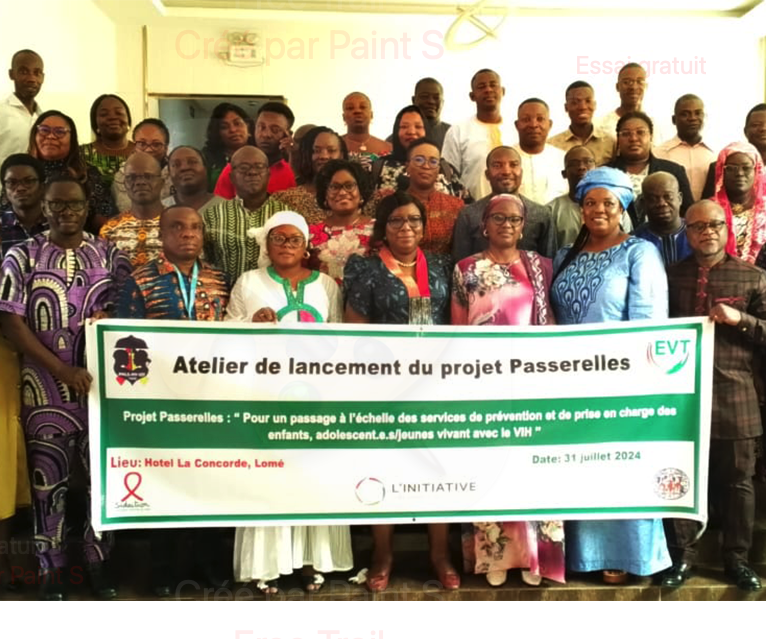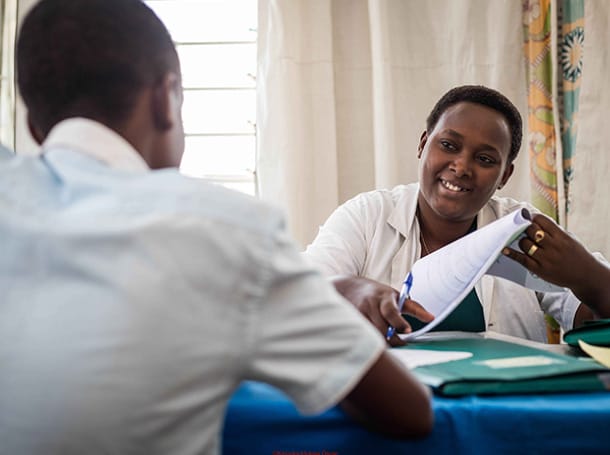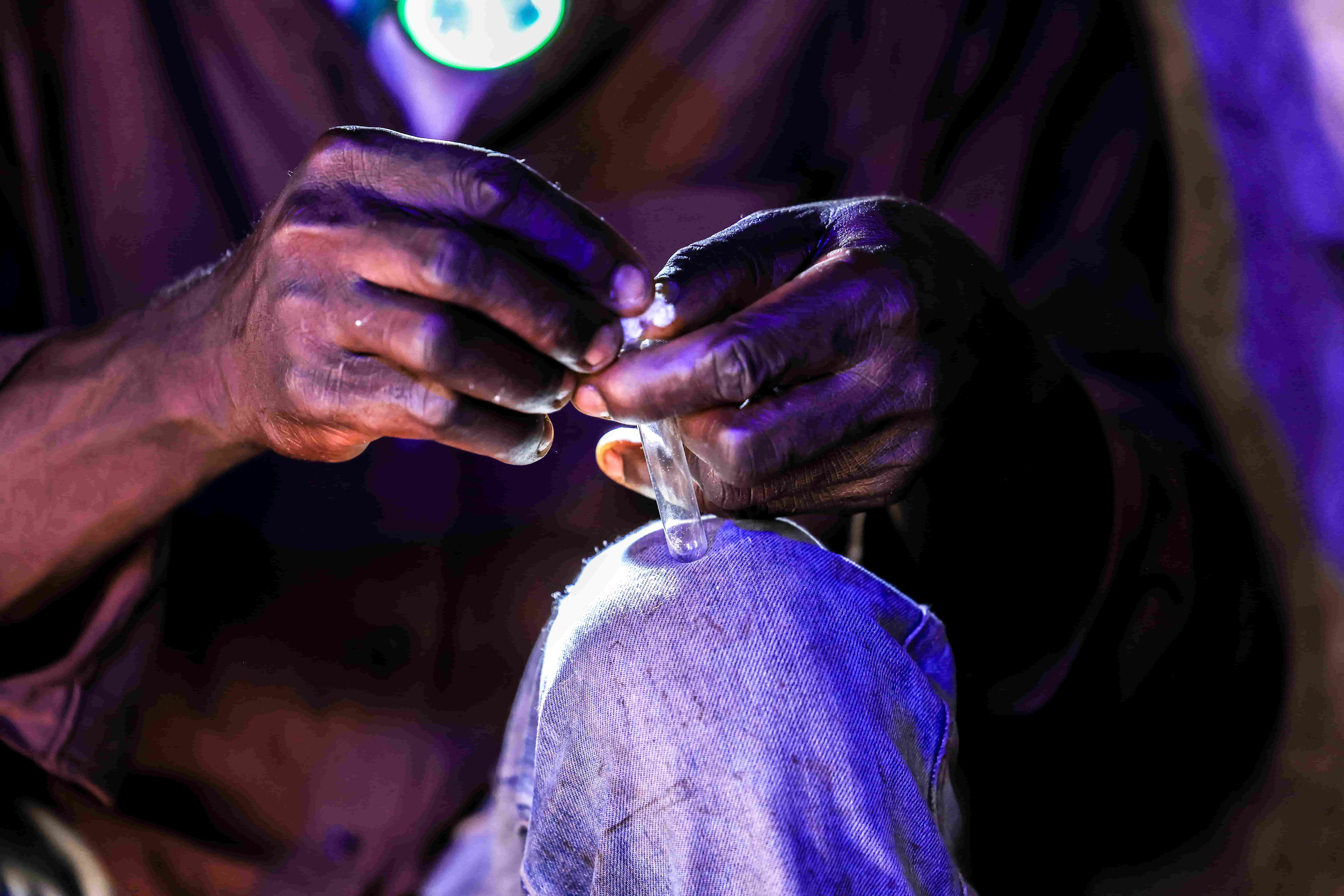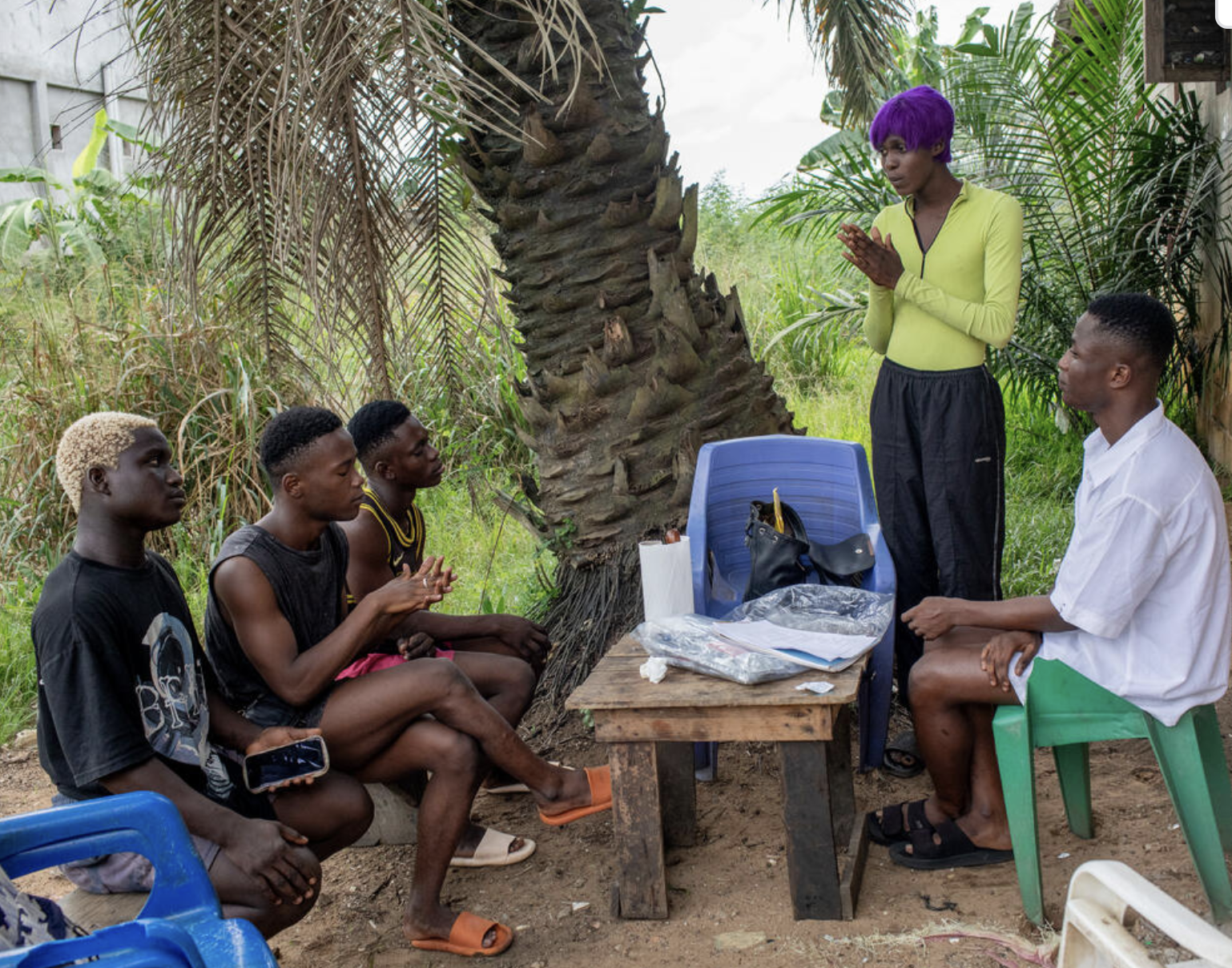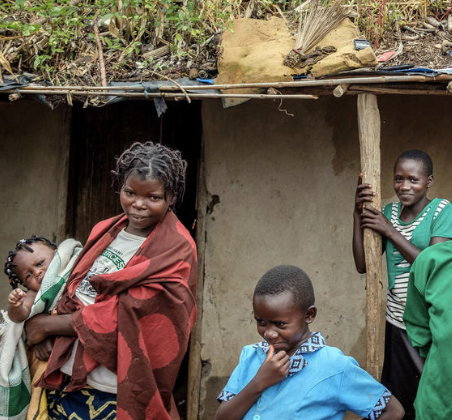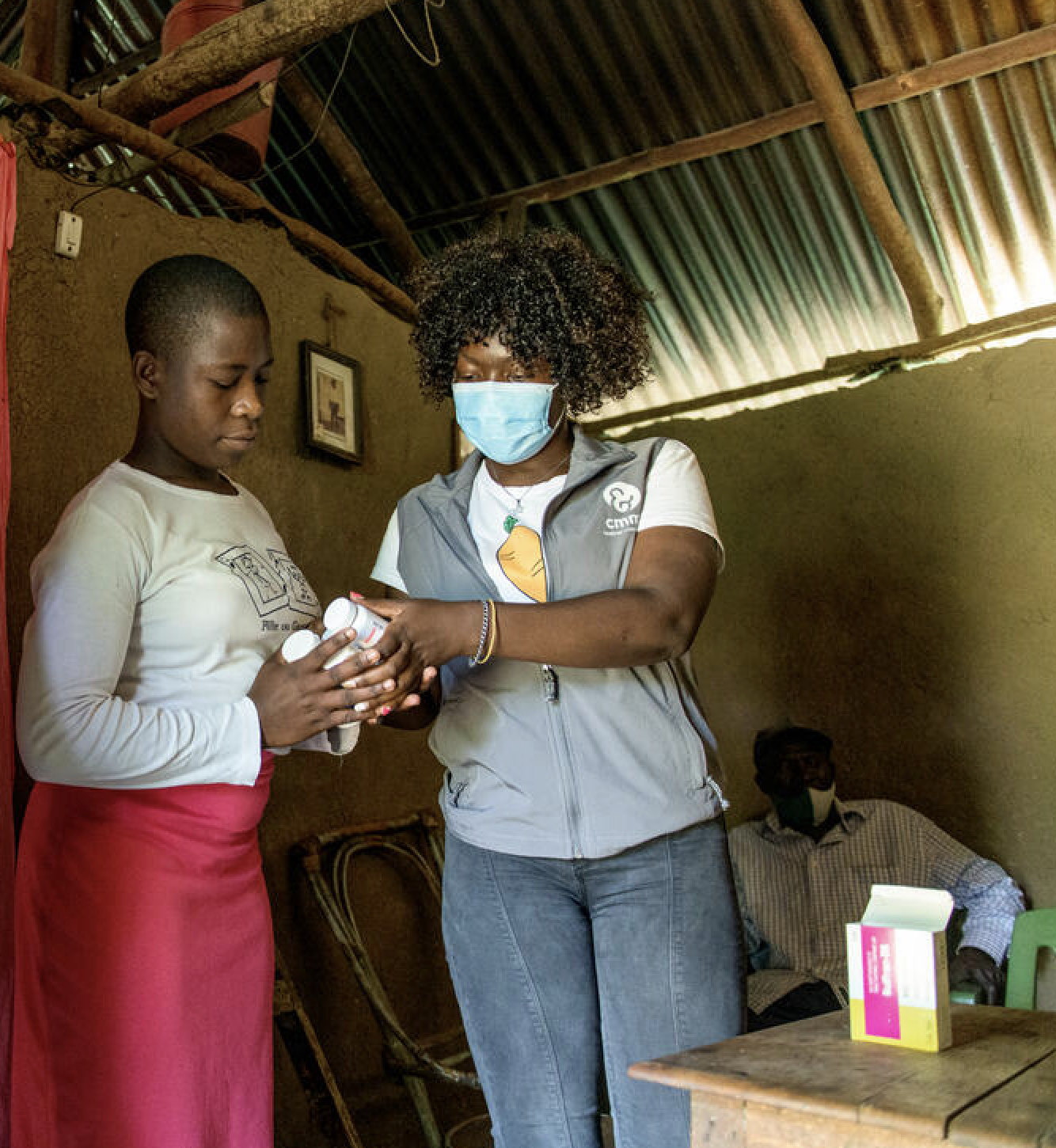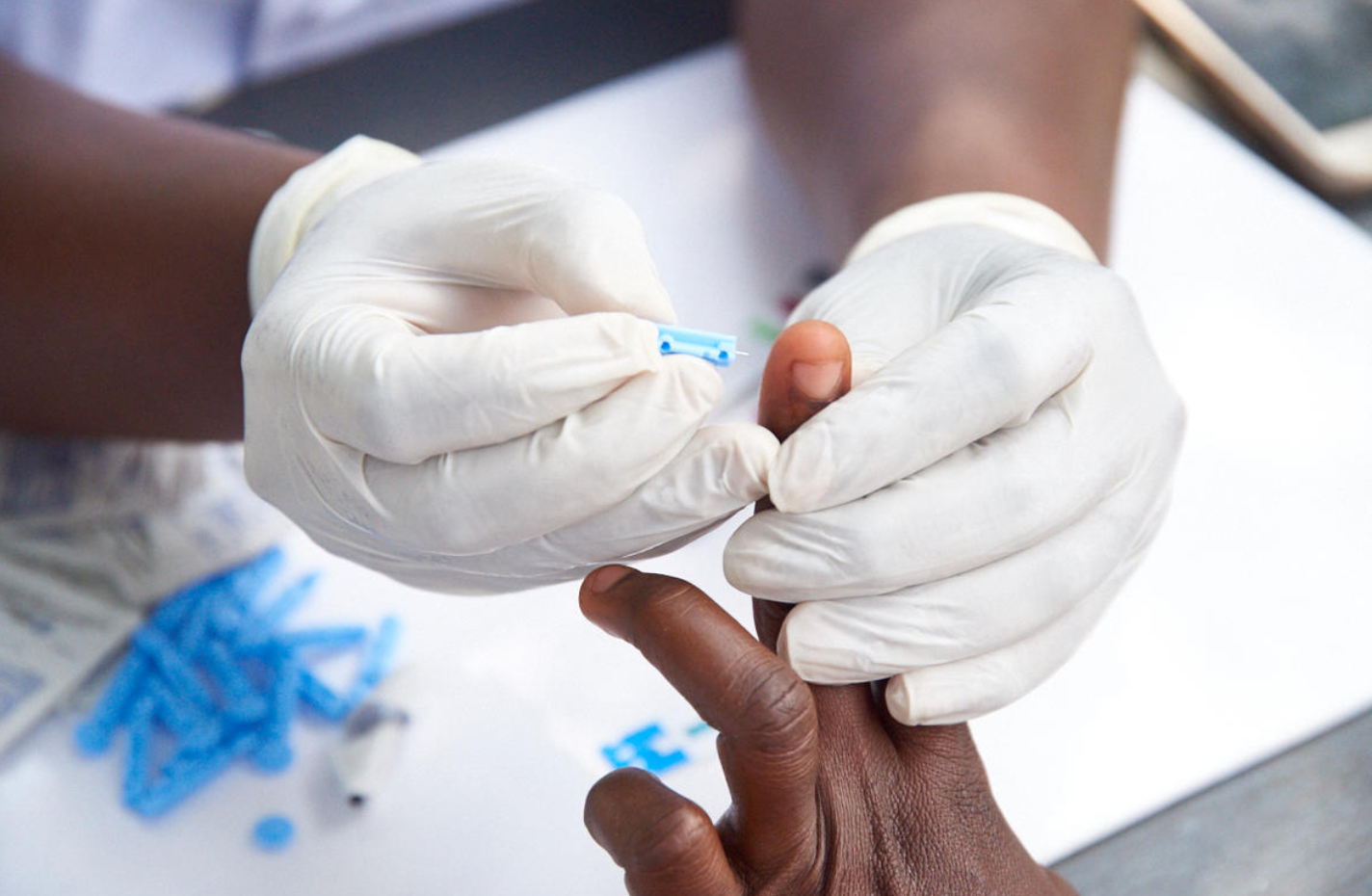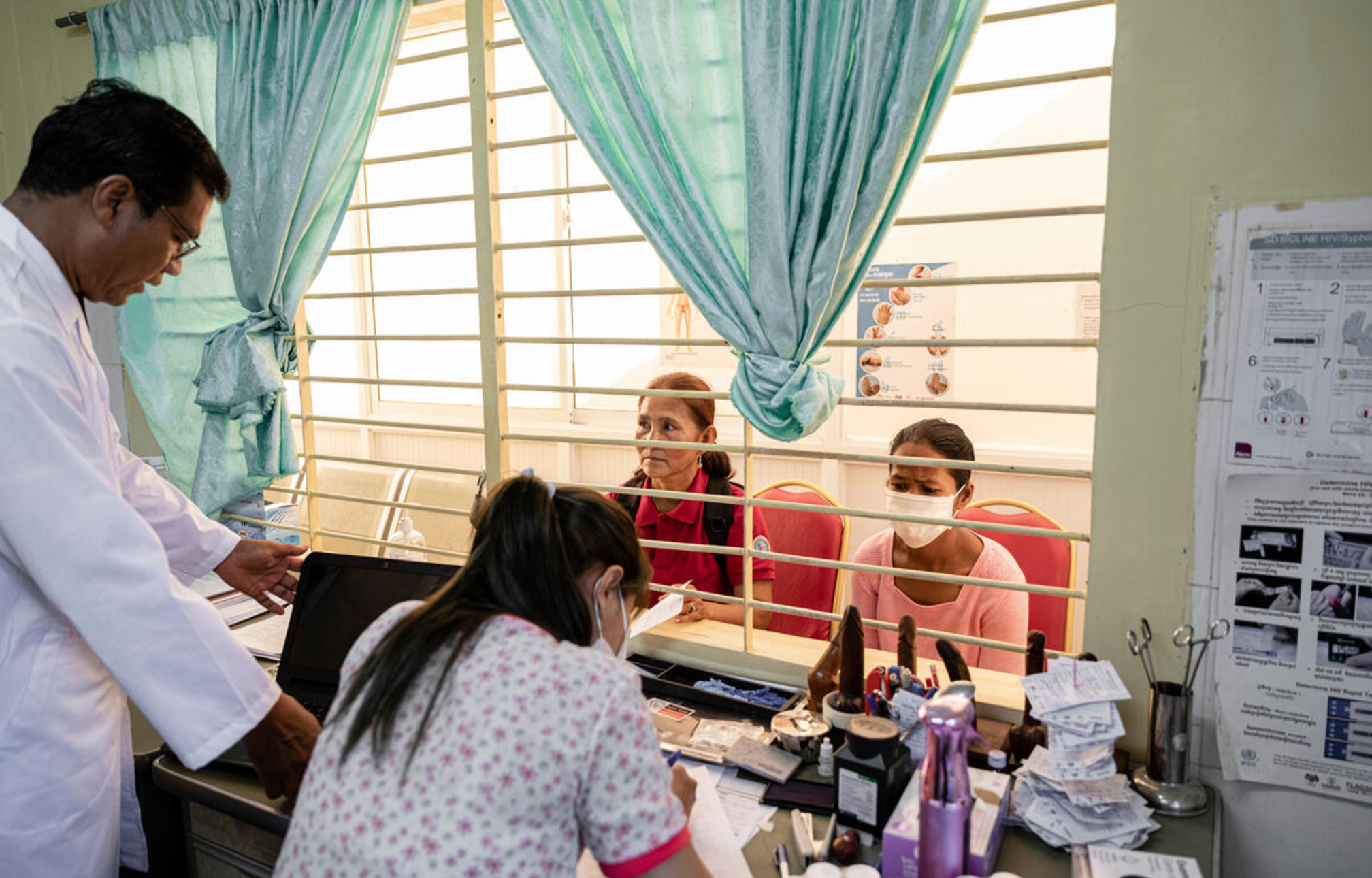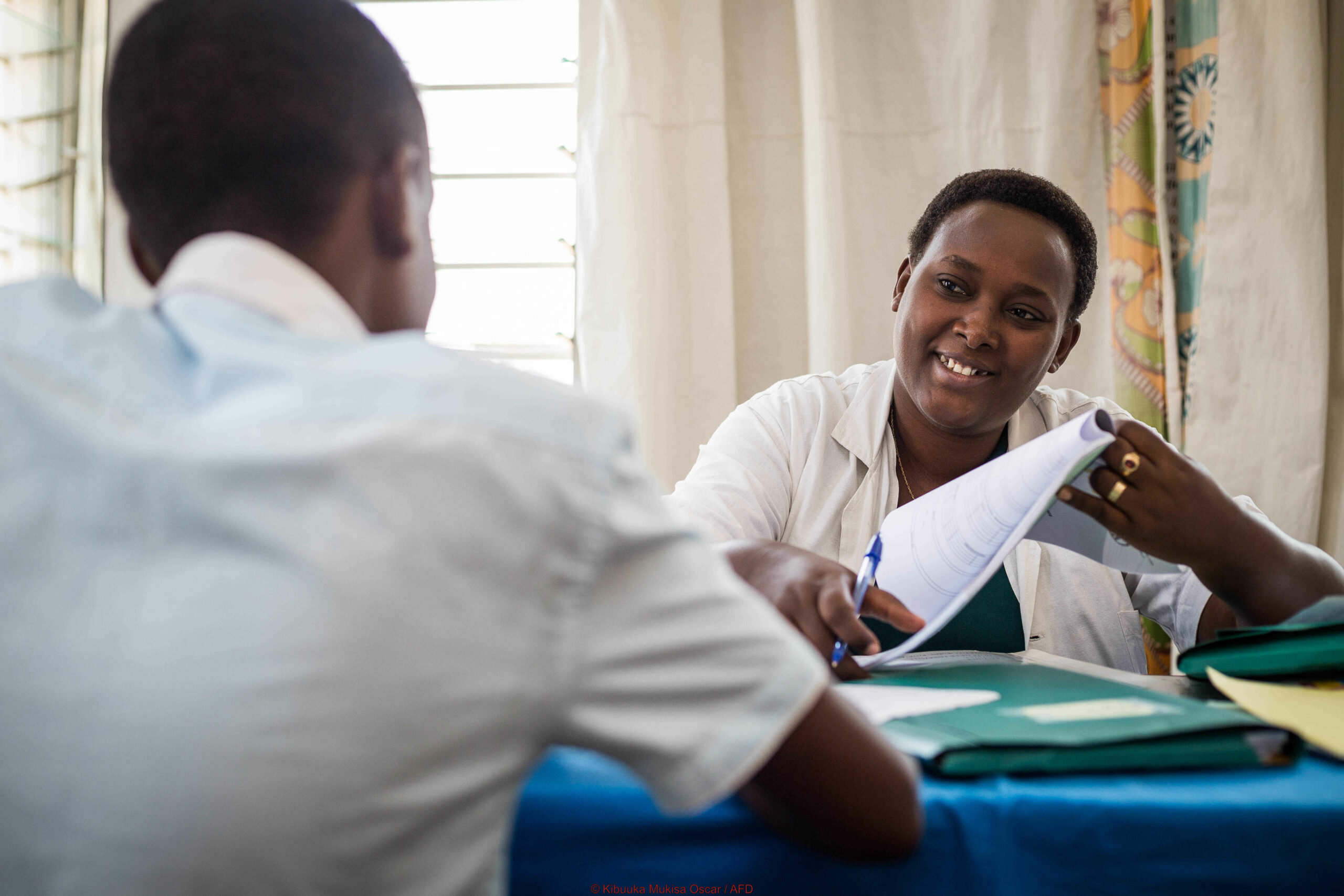The regional network APCASO bases its actions in advocacy and bolstering community systems in Asia-Pacific. It benefits from the L’Initiative’s support; it is headed by Rodelyn Marte, executive director of the organization.
On June 10th and 11th, L’Initiative is hosting regional meetings in Bangkok to engage partners in discussions related to the issues regarding pandemics, in Southeast Asia, and to develop synergies among key stakeholders in the region.
Rodelyn Marte is the executive director of APCASO, in Thailand. This civil society network operates across the Asia-Pacific region, aiming to reduce the incidence of pandemics in the area. Its activities focus on advocacy and strengthening community systems for health and social justice among vulnerable populations.
During the regional meetings, Rodelyn Marte will facilitate a roundtable discussion dedicated to the One Health approach, at the intersection of human, animal and environmental health, an approach endorsed by APCASO.
Rodelyn Marte
Executive director of the APCASO network in Thailand, she is a Filipino feminist activist committed to human rights and women’s health.
As the executive director of APCASO, could you explain what set APCASO apart?
APCASO stands out as a regional network in the Asia-Pacific, encompassing a range of community and non-governmental organizations that we assist and coordinate. Functioning as a catalytic platform, APCASO’s mission revolves around advocacy and the reinforcement of community systems, with a focus on addressing the healthcare, social justice, and human rights needs of the region’s most vulnerable populations. Its goal is to eradicate pandemics such as HIV/AIDS, tuberculosis, and malaria.
How does APCASO strategically position itself in the battle against epidemics?
Founded in 1992 with an initial focus on fighting against HIV/AIDS epidemic, APCASO expanded its vision in 2015 to broaden its vision and approach in order to address regional challenges more holistically. Acknowledging the interconnection of health, human rights, and social justice, we redirected our efforts to embrace a holistic approach, prioritizing the needs of individuals.
To further advance this comprehensive strategy, we have recently integrated the One Health approach. Indeed, human health cannot be separated from animal and environmental health. This approach is crucial for addressing the challenges in the region, exacerbated by climate change. Civil society has to adopt this approach to ensure its practical implementation on the ground and its tangible effects.
How do you implement these objectives?
To implement our aspirations, we developed with L’Initiative a strategic plan for 2021-2030. It is built on APCASO’s past experiences, regional advocacy initiatives we led and enhancing the capacity of civil society in the Asia-Pacific. It also harbors a more ambitious and far-reaching vision to advance major objectives by 2030, striving for the elimination of pandemics in various countries in the region.
Key focal areas, aligned with the Sustainable Development Goals (SDG), are, first, social justice. We advocate for community empowerment, human rights and gender to become normative approaches in health policies developed in the Asia-Pacific, with an increased focus on mental health. Another central aspect is strengthening community systems: they are integral actors in the healthcare system, indispensable for reaching key populations and thereby achieving health and social justice objectives. To do so, one of the major challenges is to find lasting funding to support initiatives. In spite of the economic growth in some countries of the region, the benefits do not reach everyone, even less so the most marginalized.
Investing in human rights, healthcare and social justice is crucial to ensure equity and well-being for all.
How do you collaborate with L'Initiative?
On June 12th, we will sign, at the French Embassy in Bangkok, the REGENERATE project, set up with the backing of L’Initiative. This initiative, which will be implemented by various civil society organizations, plans to formulate inclusive policies to fight the three pandemics in Southeast Asia in addressing the specific needs of woman and girls, as people of diverse sexuality. They are vulnerable communities who will envision advancing gender equality and ensuring access to sexual and reproductive health and rights (SRHR) at both regional and national levels, particularly Cambodia, Thailand, and Vietnam where the project is deployed.
The ambition is to create a regional platform and three national civil society ones, facilitated by multiple organizations. We consider these platforms as collaborative hubs nurturing emerging leaders, through capacity building for key populations on pertinent issues. In concrete terms, we will also establish a dedicated institute for gender equality and SRHR, develop an awareness kit on these subjects and craft guidance documents to facilitate stakeholders’ collaboration. To maximize the relevance of these actions, we will conduct an analytical report of the gender equality and SRHR situation in relation to the three pandemics across the region. Eventually, we aspire to expand and implement these initiatives across other countries in the region.
L’Initiative provides us with technical assistance and expertise for this project. This collaborative effort that we are deeply grateful for, as it allows this project to exist. Given the challenge posed by dwindling funding sources, this partnership is invaluable.
Furthermore, we regularly collaborate with L’Initiative. For instance, in spring 2023, we co-organized three roundtable discussions — prior to the United Nations high-level meetings — dedicated to prevention, preparedness and response to pandemics, universal health coverage and tuberculosis. This event was titled “3 HLMs. One region. And This is Our Vision.” and brought together 80 civil society and community organizations from 19 countries.
